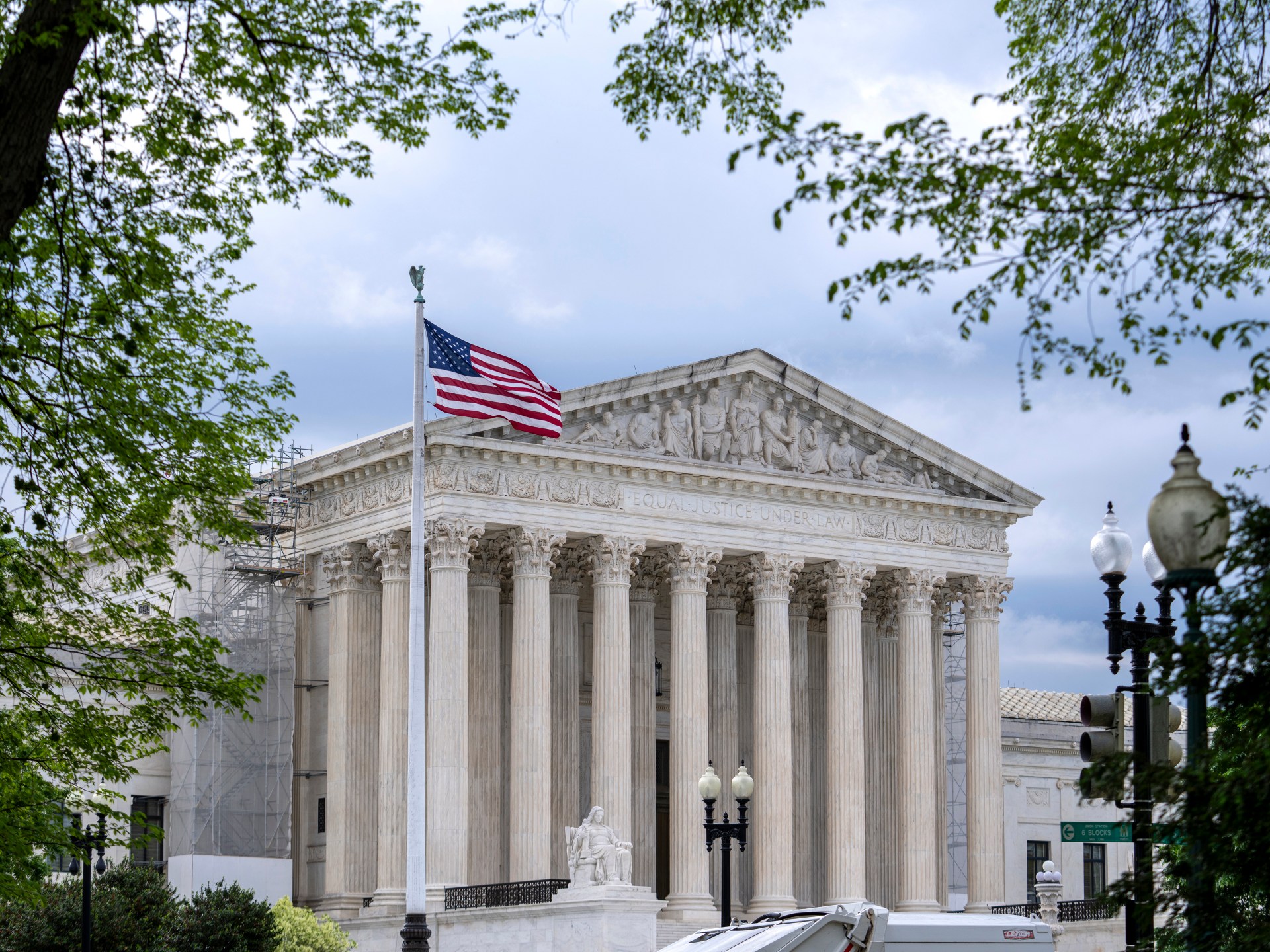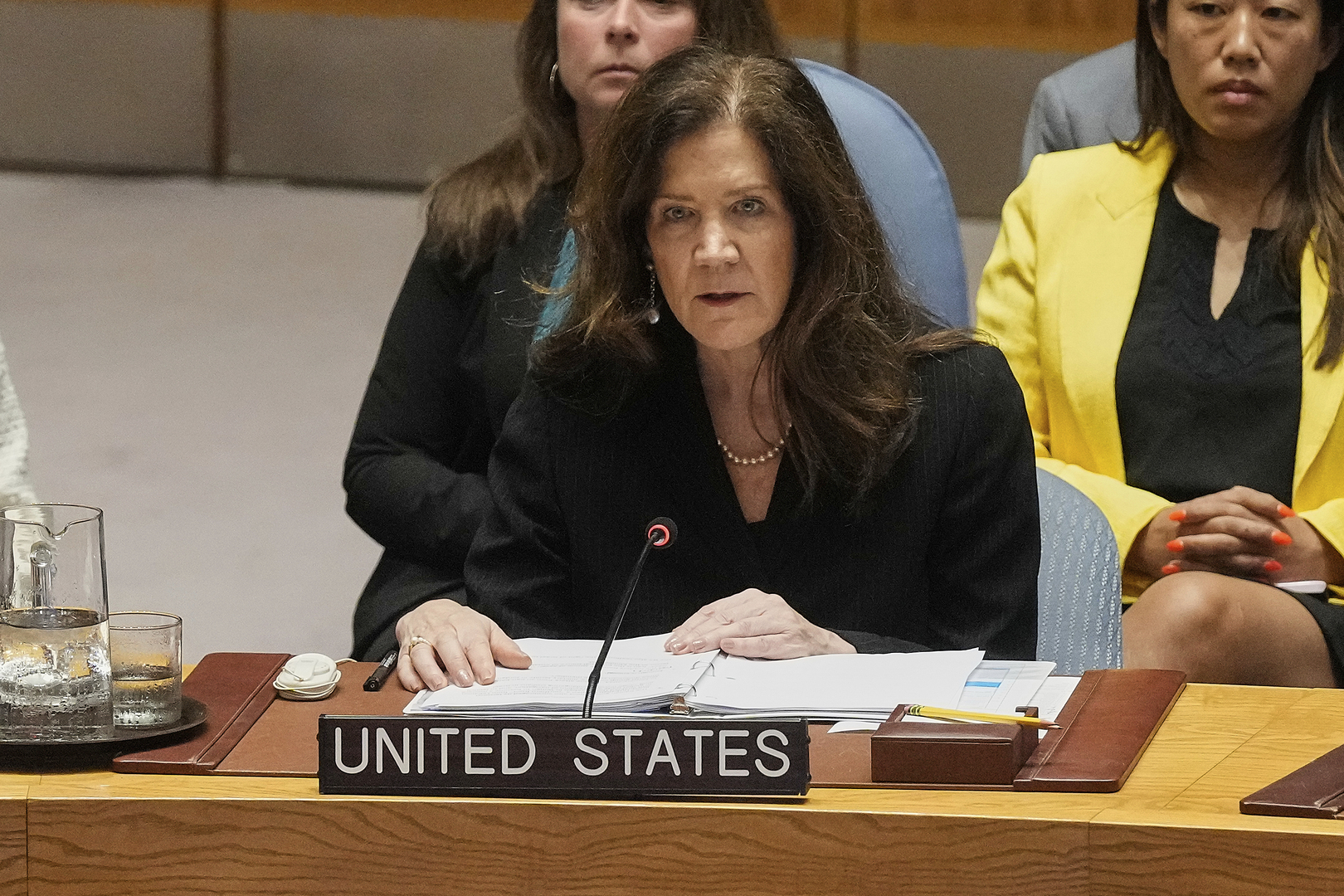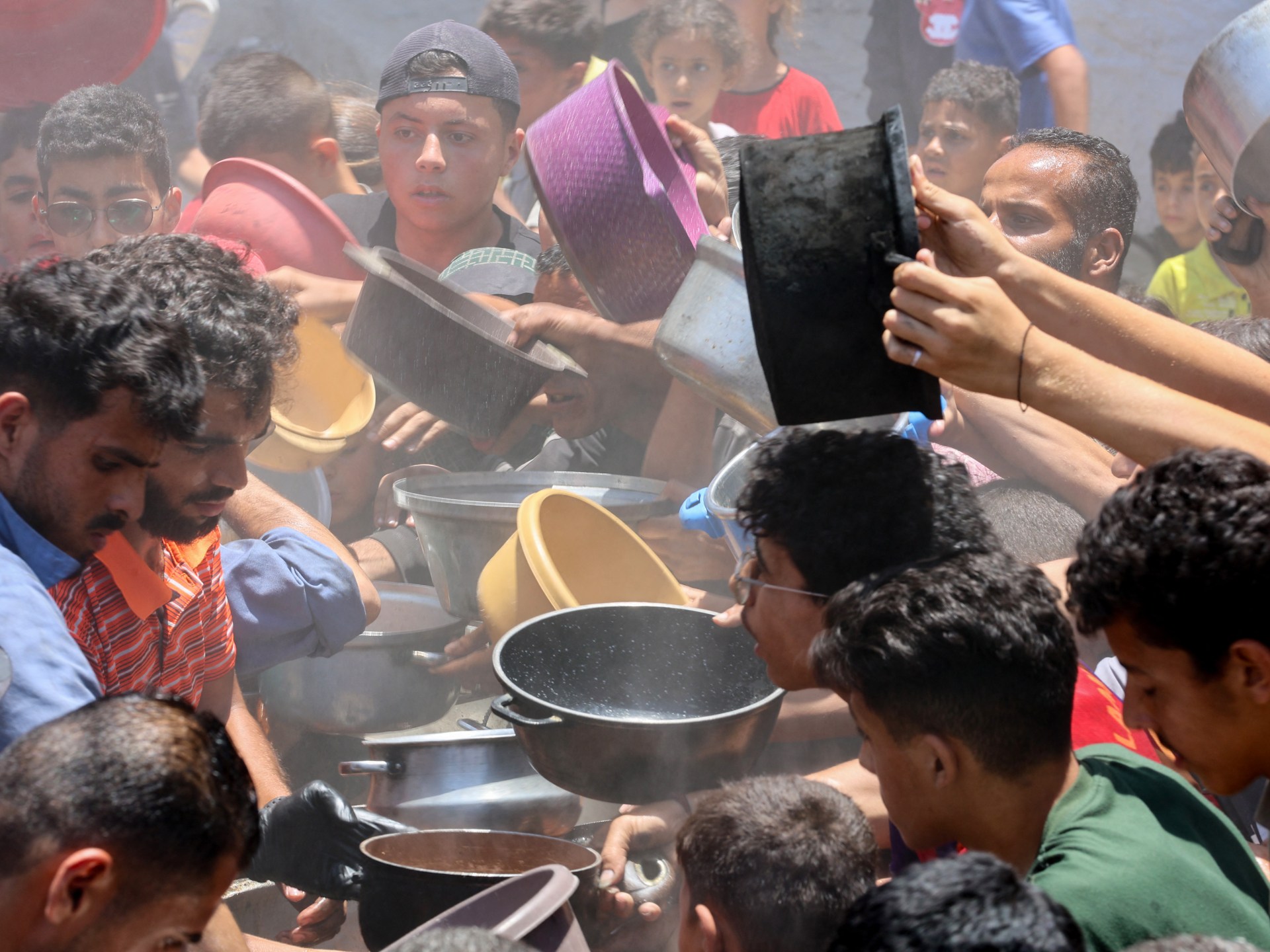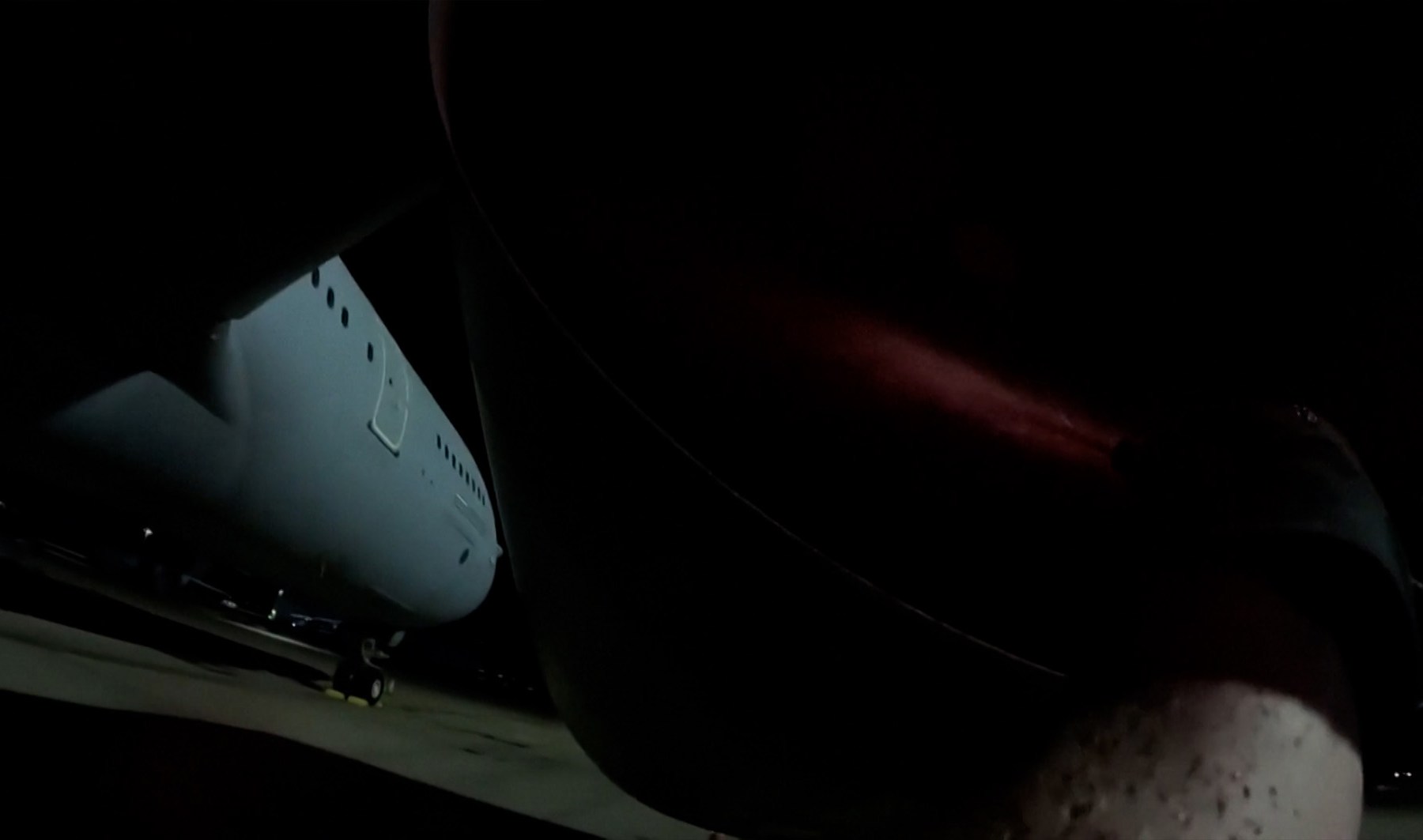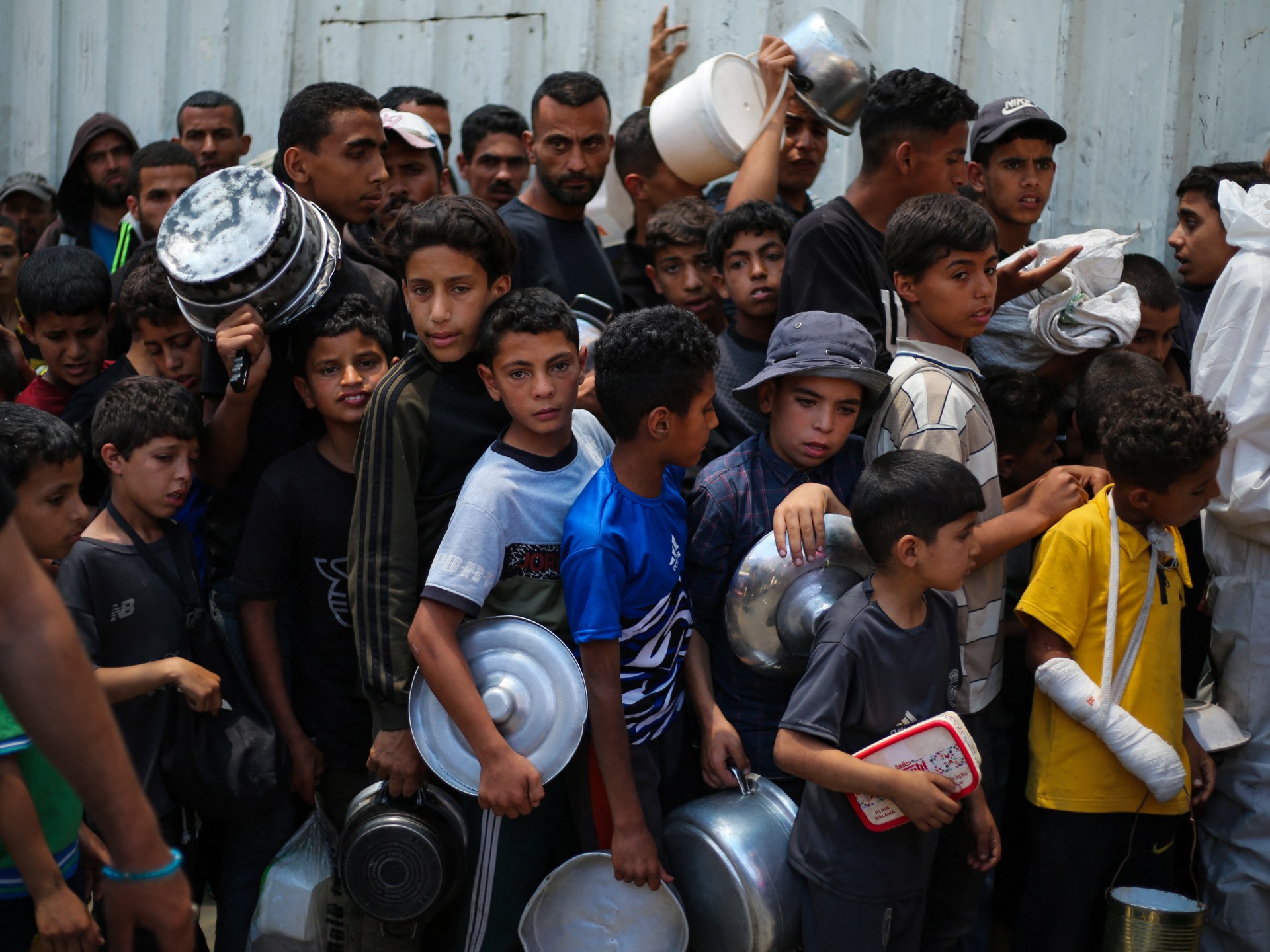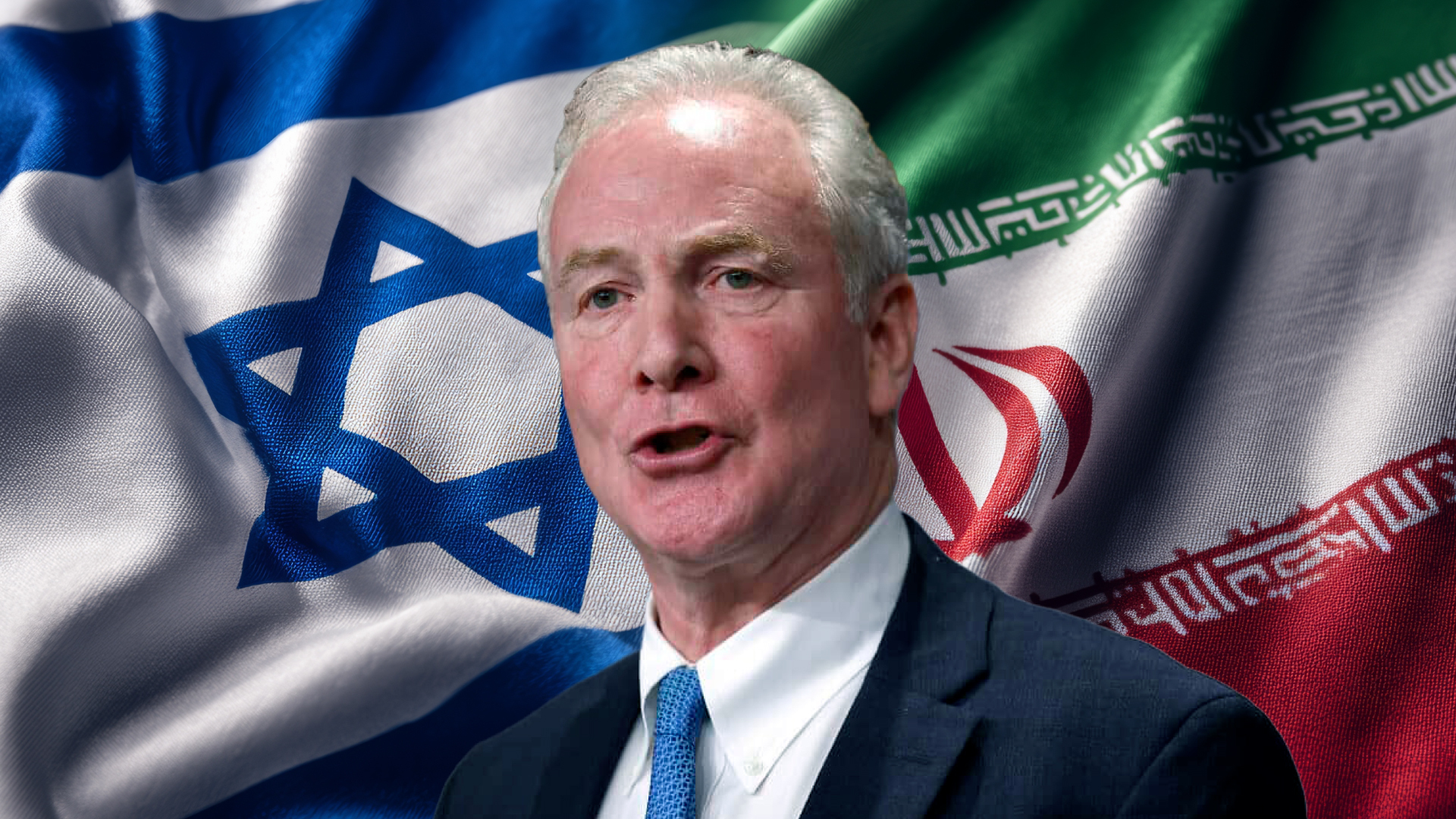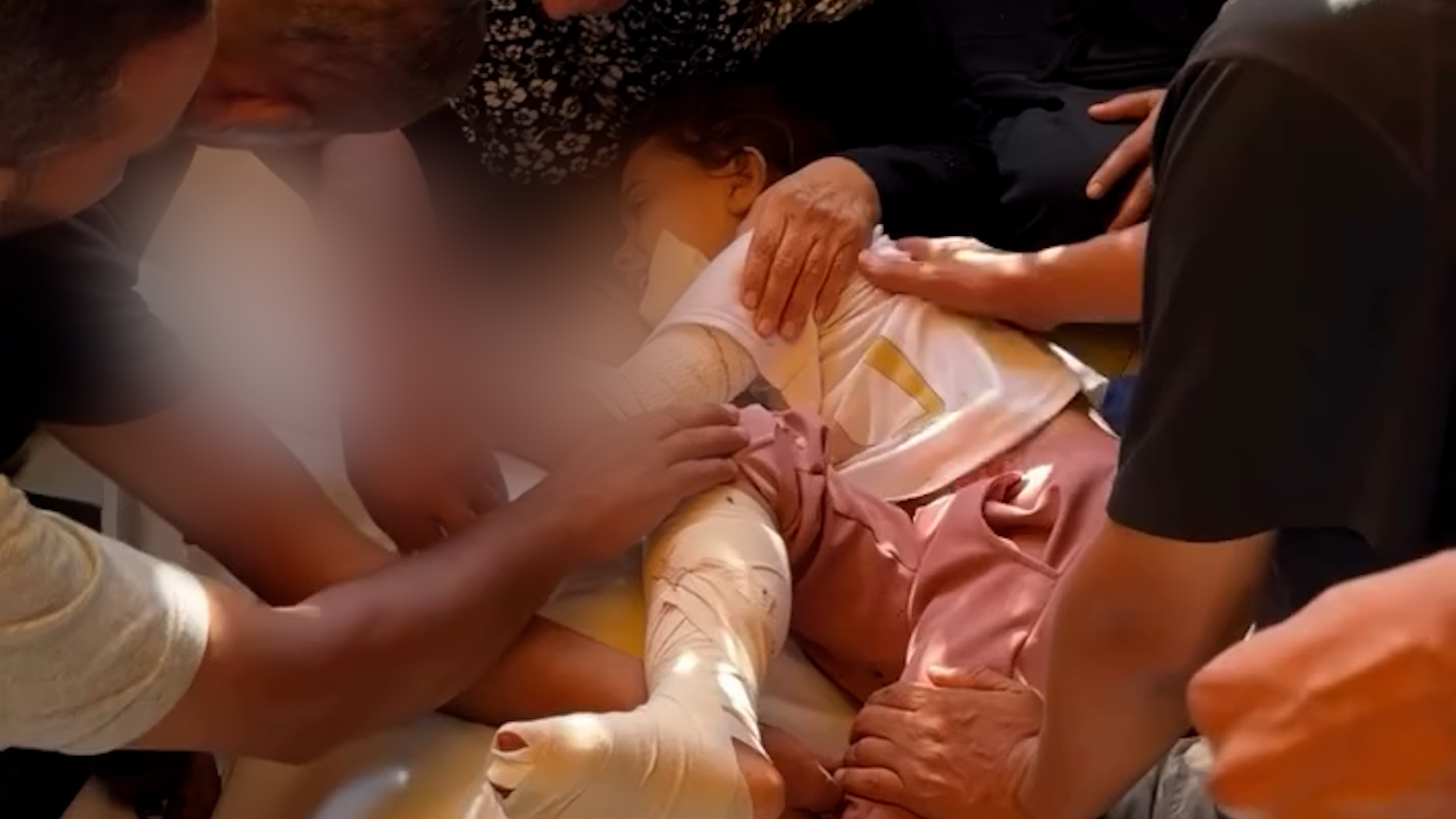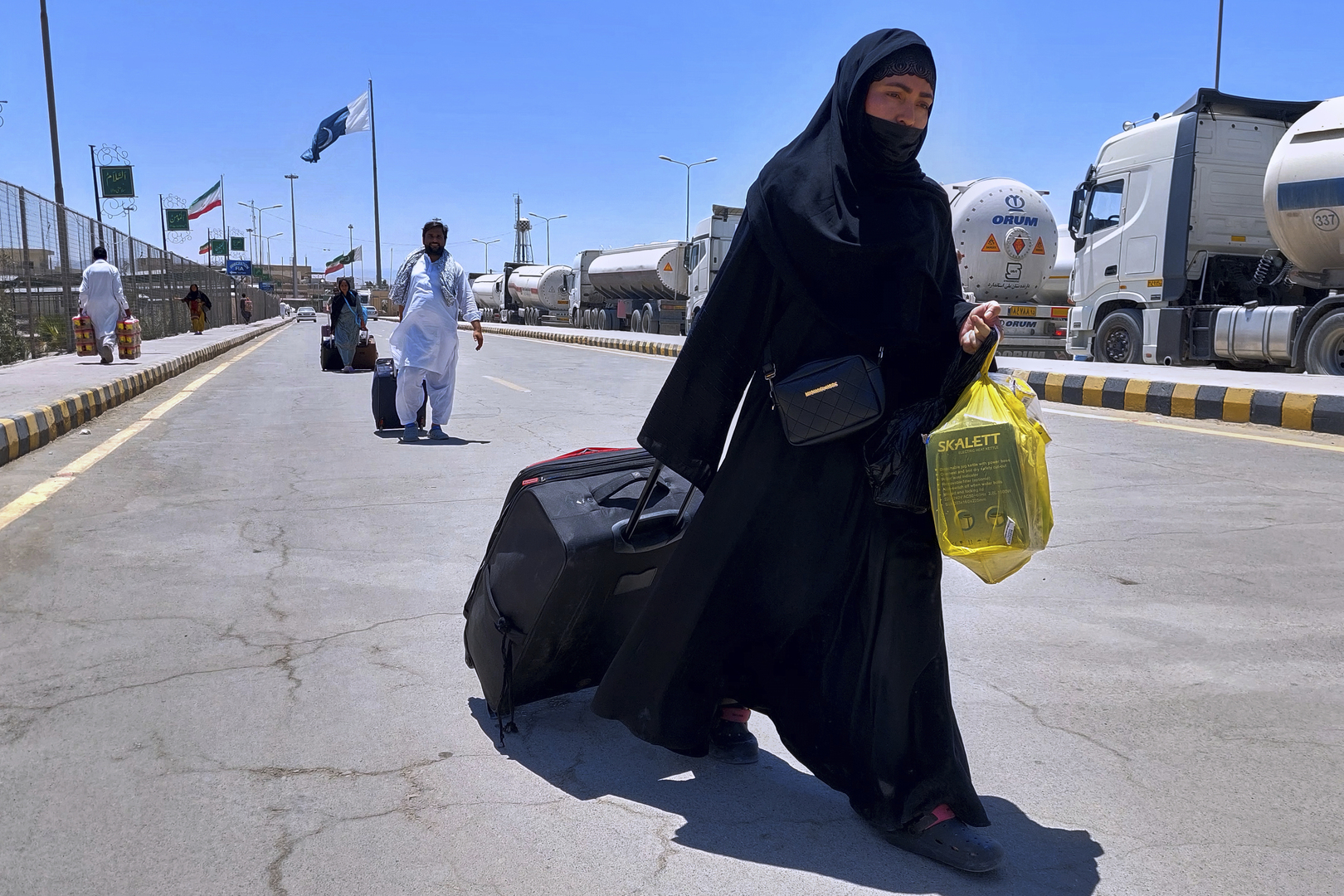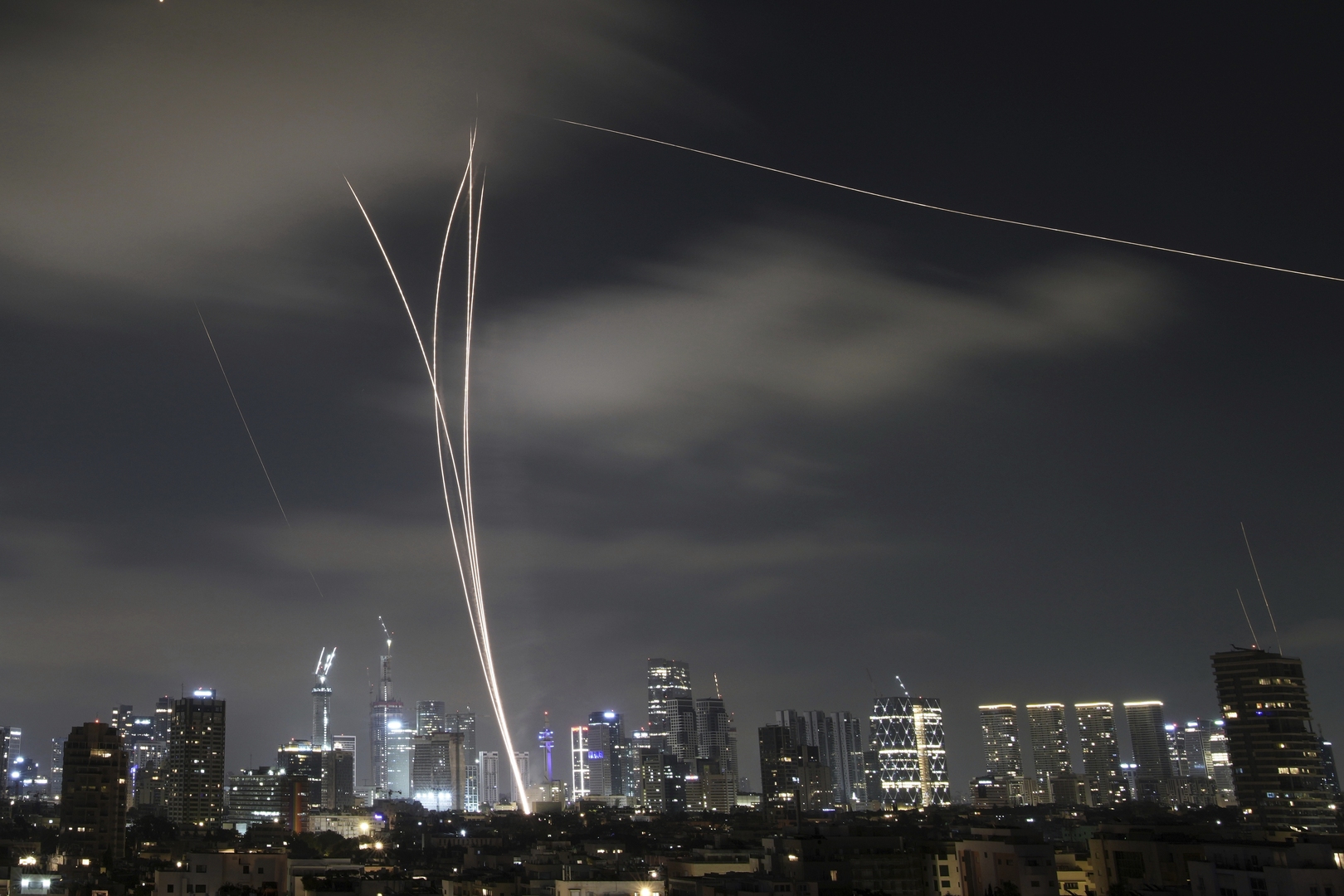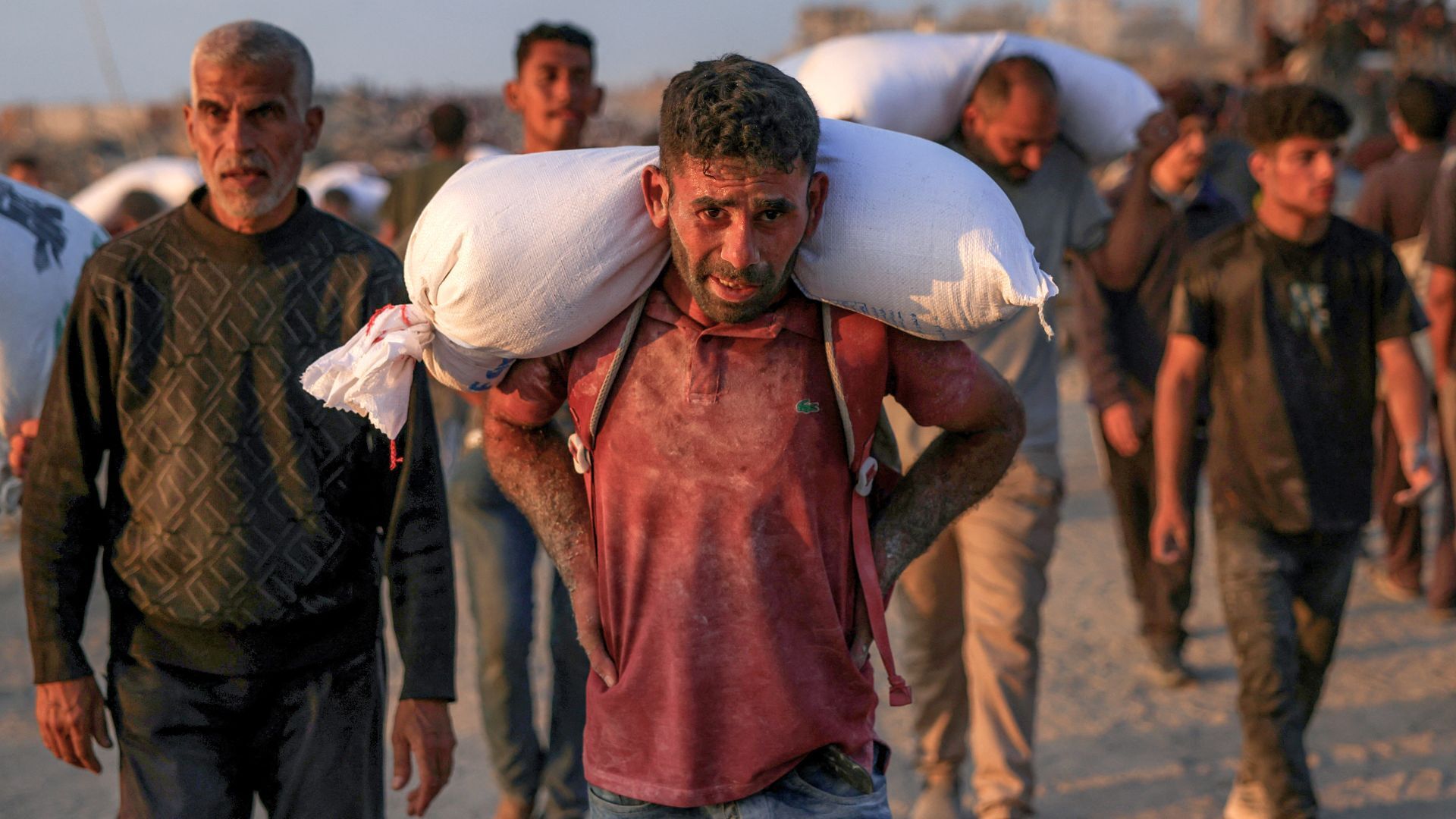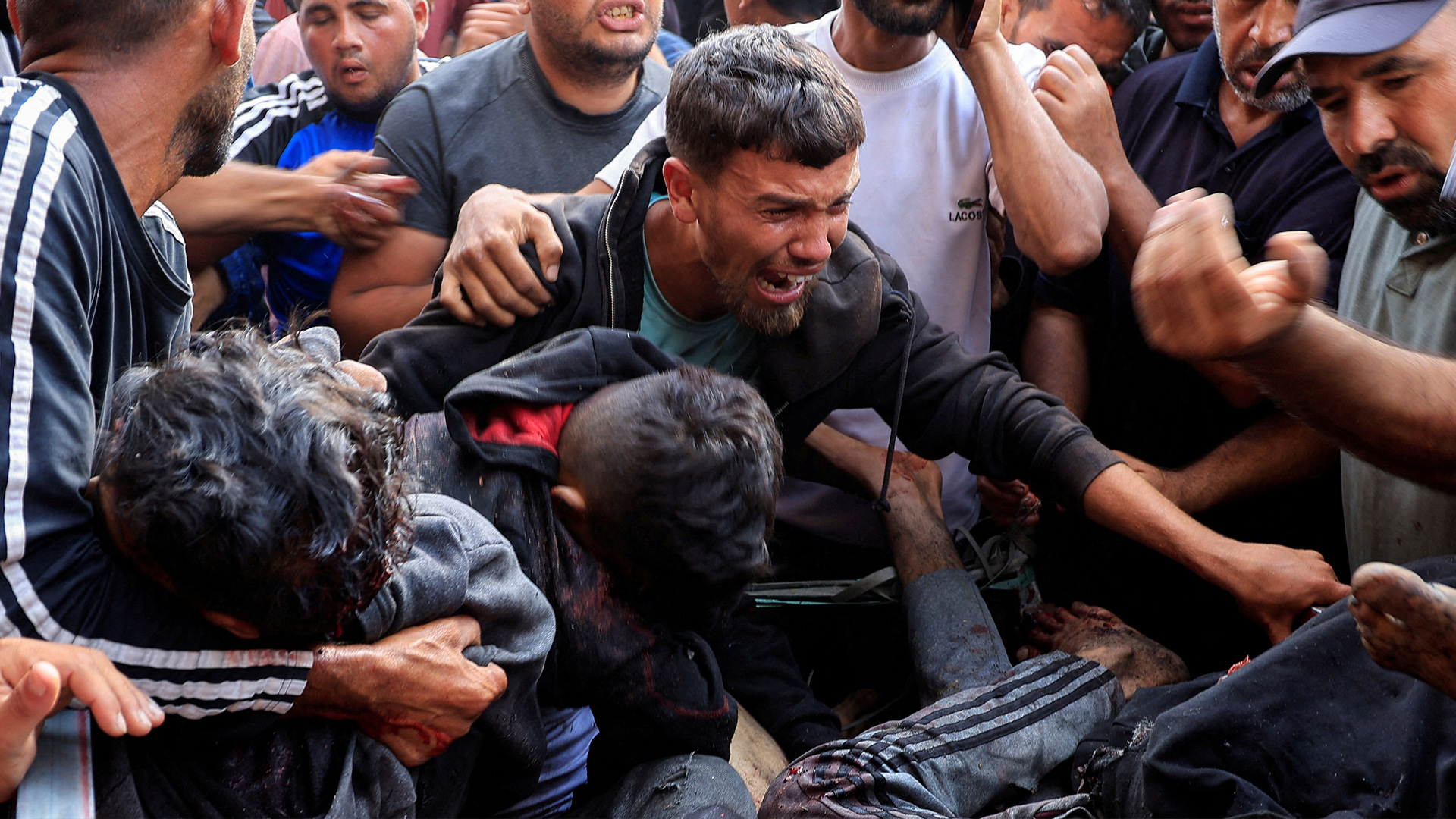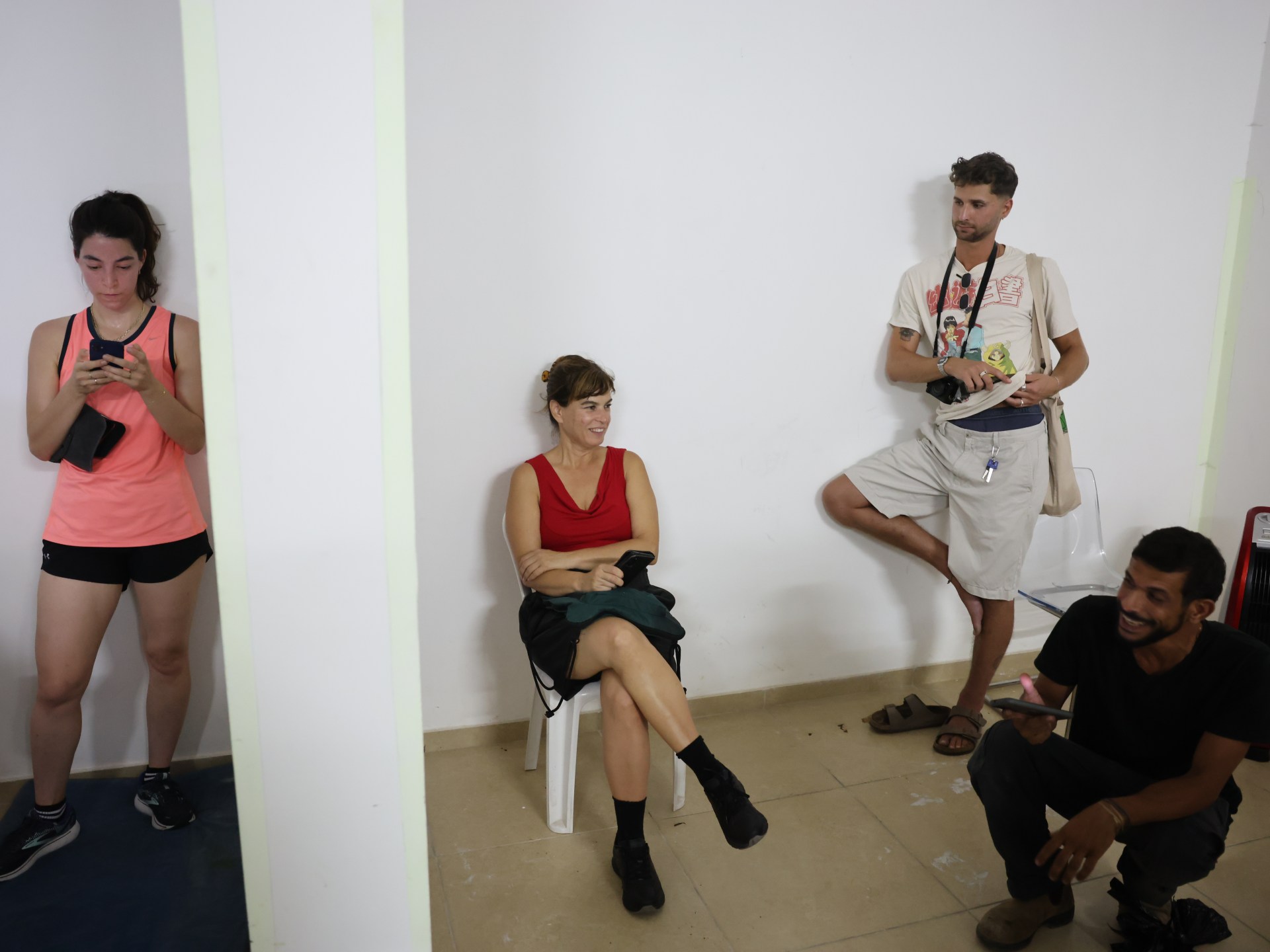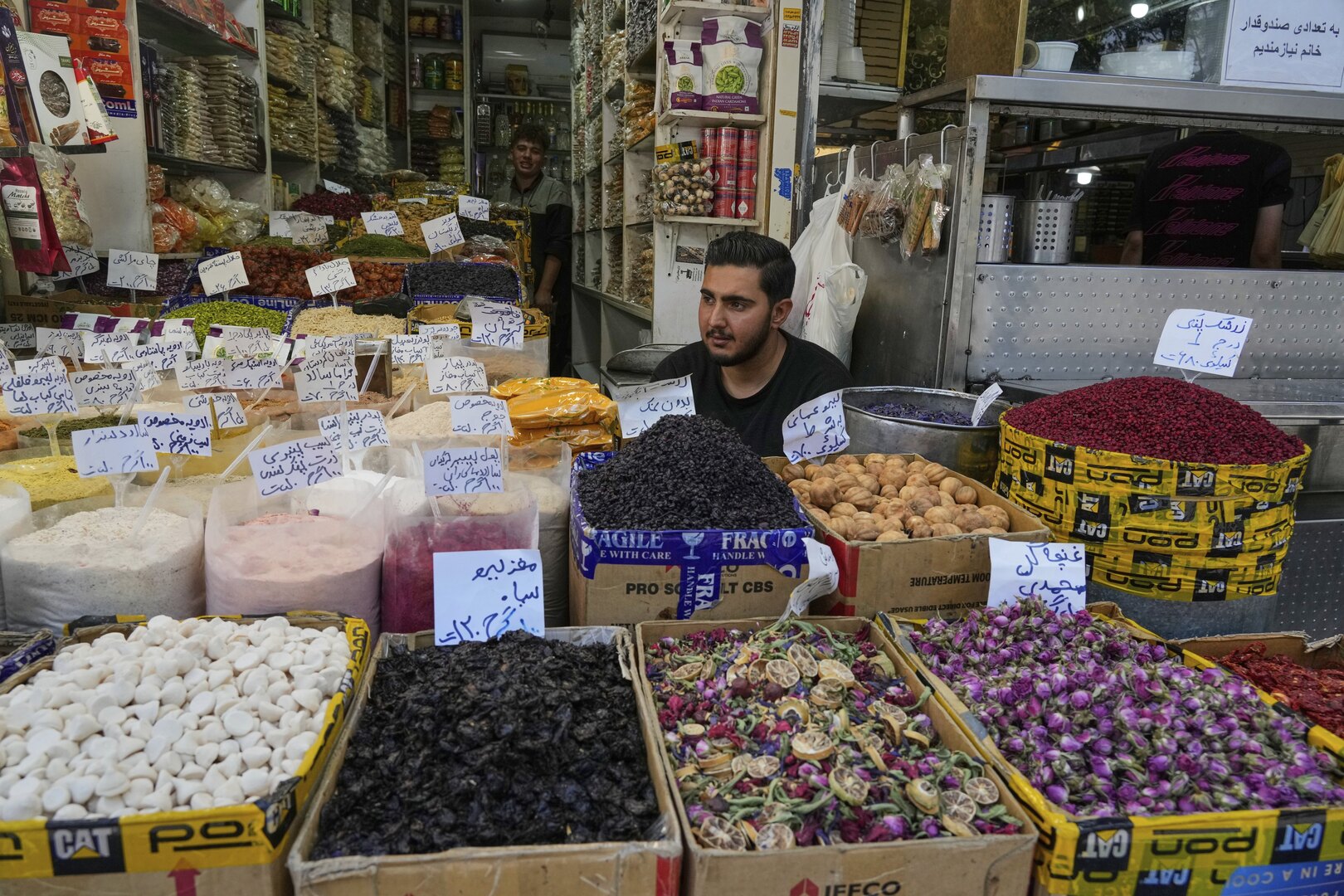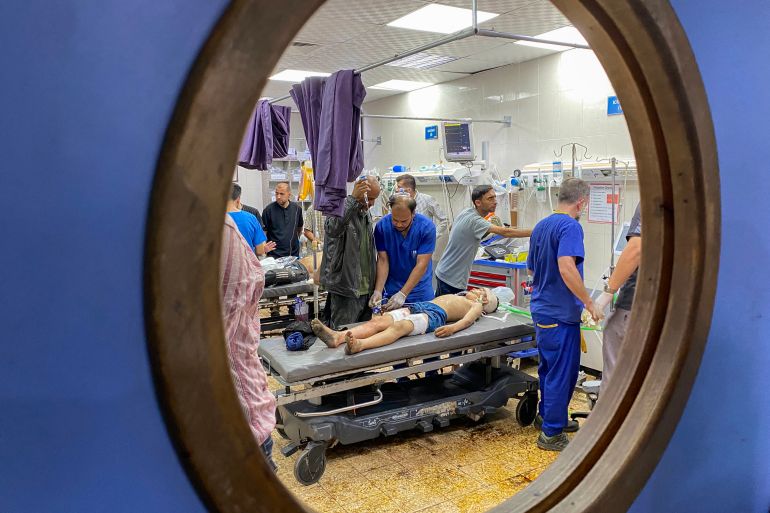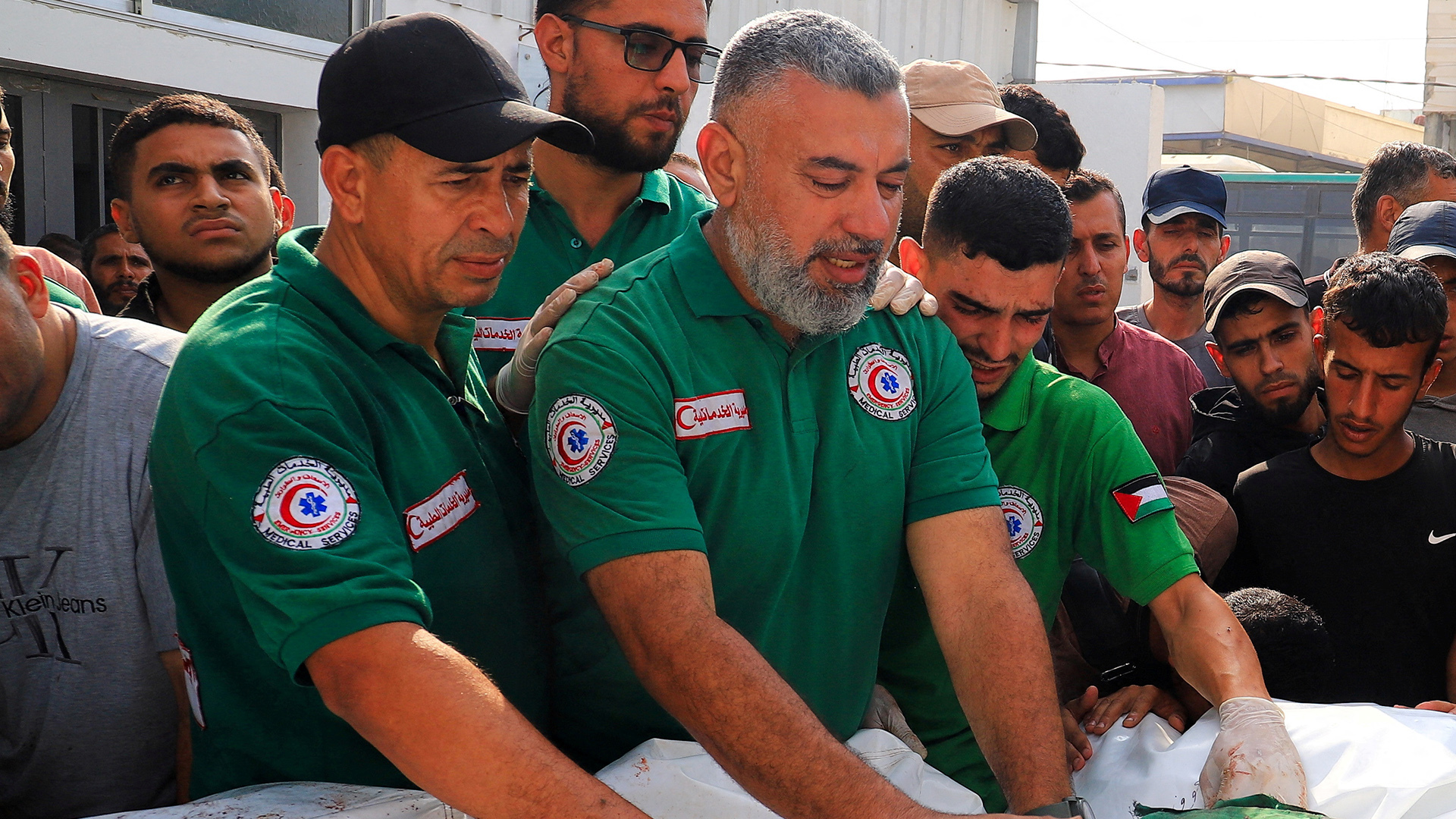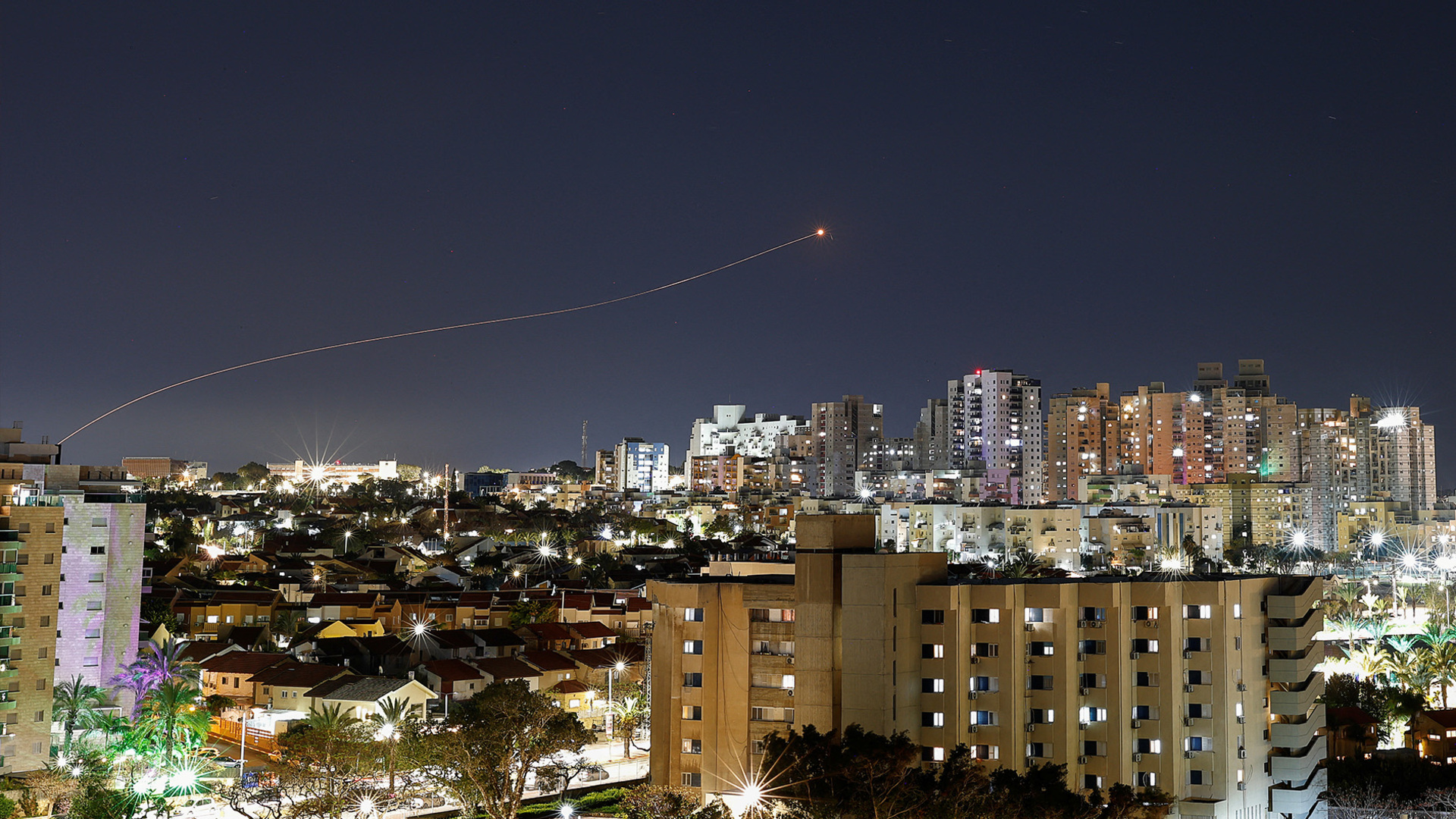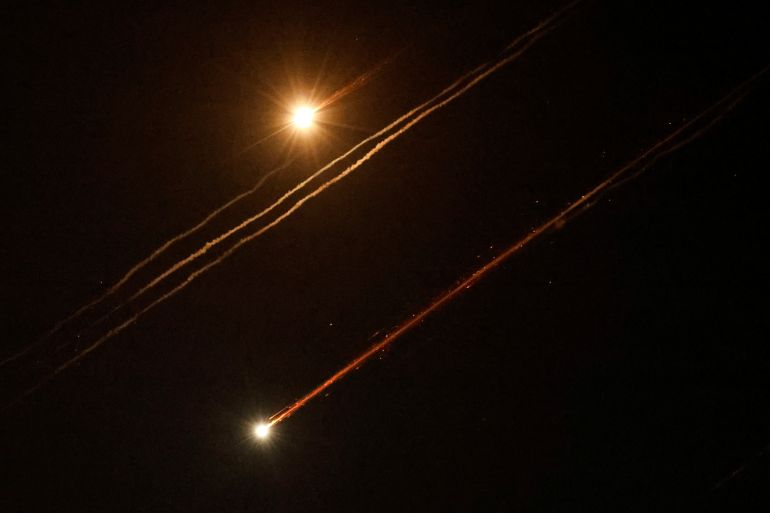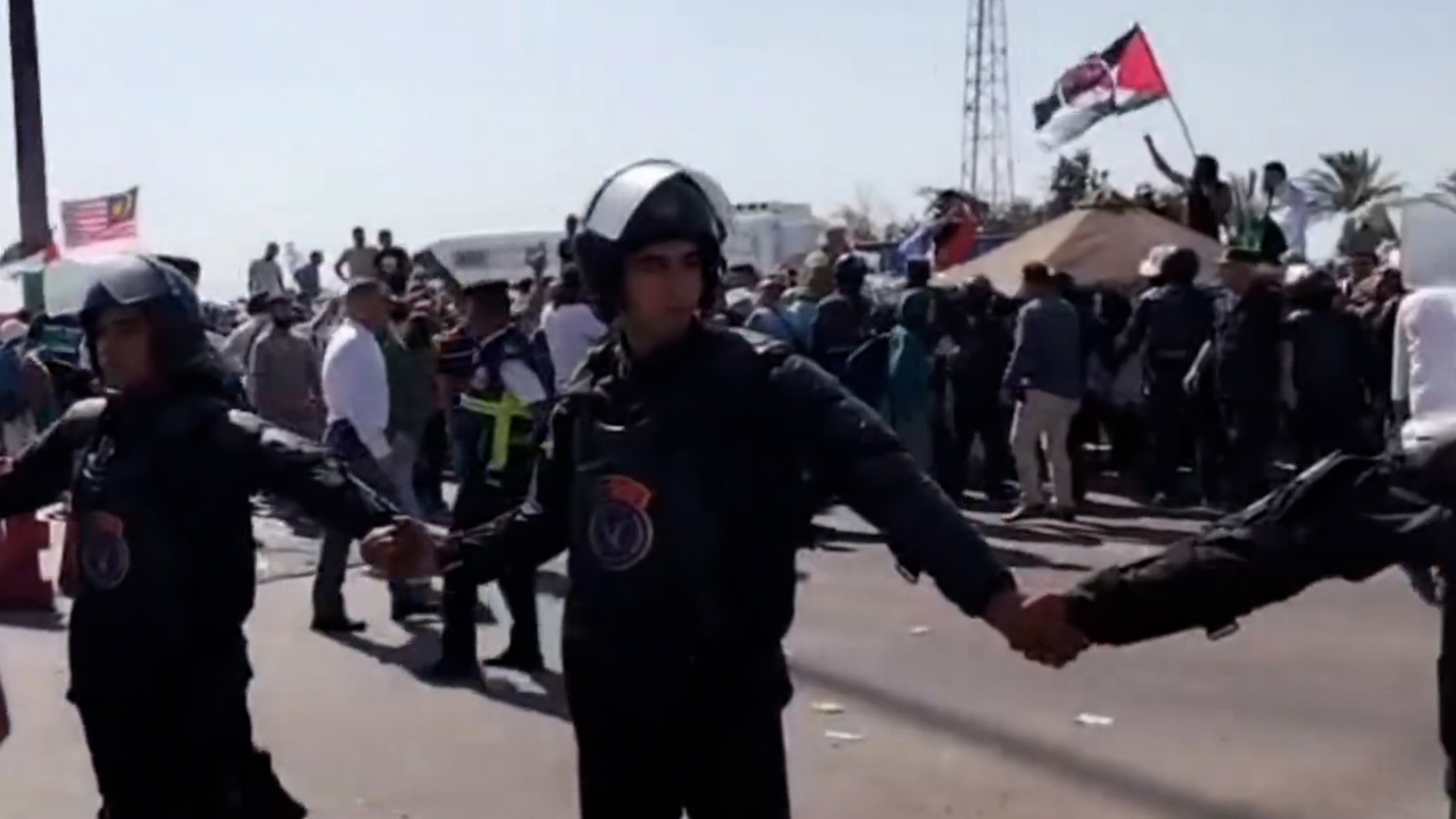When Iranian missiles began raining down on Israel, many residents scrambled for cover. Sirens wailed across the country as people rushed into bomb shelters.
But for some Palestinian citizens of Israel – two million people, or roughly 21 percent of the population – doors were slammed shut, not by the force of the blasts and not by enemies, but by neighbours and fellow citizens.
Mostly living in cities, towns, and villages within Israel’s internationally recognised borders, many Palestinian citizens of Israel found themselves excluded from life-saving infrastructure during the worst nights of the Iran-Israel conflict to date.
For Samar al-Rashed, a 29-year-old single mother living in a mostly Jewish apartment complex near Acre, the reality of that exclusion came on Friday night. Samar was at home with her five-year-old daughter, Jihan. As sirens pierced the air, warning of incoming missiles, she grabbed her daughter and rushed for the building’s shelter.
“I didn’t have time to pack anything,” she recalled. “Just water, our phones, and my daughter’s hand in mine.”
The panicking mother tried to ease her daughter’s fear, while hiding her own, gently encouraging her in soft-spoken Arabic to keep up with her rushed steps towards the shelter, as other neighbours climbed down the stairs, too.
But at the shelter door, she said, an Israeli resident, having heard her speak Arabic, blocked their entry – and shut it in their faces.
“I was stunned,” she said. “I speak Hebrew fluently. I tried to explain. But he looked at me with contempt and just said, ‘Not for you.’”
In that moment, Samar said, the deep fault lines of Israeli society were laid bare. Climbing back to her flat and looking at the distant missiles lighting up the skies, and occasionally colliding with the ground, she was terrified by both the sight, and by her neighbours.
A history of exclusion
Palestinian citizens of Israel have long faced systemic discrimination – in housing, education, employment, and state services. Despite holding Israeli citizenship, they are often treated as second-class citizens, and their loyalty is routinely questioned in public discourse.
According to Adalah-The Legal Center for Arab Minority Rights in Israel, more than 65 laws directly or indirectly discriminate against Palestinian citizens. The nation-state law passed in 2018 cemented this disparity by defining Israel as the “nation-state of the Jewish people”, a move critics say institutionalised apartheid.
In times of war, that discrimination often intensifies.
Palestinian citizens of Israel are frequently subjected to discriminatory policing and restrictions during periods of conflict, including arrest for social media posts, denial of access to shelters, and verbal abuse in mixed cities.
Many have already reported experiencing such discrimination.
In Haifa, 33-year-old Mohammed Dabdoob was working at his mobile repair shop Saturday evening when phones simultaneously all rang with the sound of alerts, triggering his anxiety. He tried to finish fixing a broken phone, which delayed him. He then rushed to close the shop and ran towards the nearest public shelter, beneath a building behind his shop. Approaching the shelter, he found its sturdy door locked.
“I tried the code. It didn’t work. I banged on the door, called on those inside to open – in Hebrew – and waited. No one opened,” he said. Moments later, a missile exploded nearby, shattering glass across the street. “I thought I was going to die.”
“There was smoke and screaming, and after a quarter of an hour, all we could hear were the sounds of the police and the ambulance. The scene was terrifying, as if I were living a nightmare similar to what happened at the Port of Beirut,” he added, referring to the 2020 Beirut port explosion.
Frozen by sheer fear and shock, Mohammed watched from his hiding place in a nearby parking lot as the chaos unfolded, and soon enough, the shelter’s door opened. As those who were inside the shelter began trickling out, he looked at them silently.
“There’s no real safety for us,” he said. “Not from the missiles, and not from the people who are supposed to be our neighbours.”
Discrimination in shelter access
In theory, all citizens of Israel should have equal access to public safety measures – including bomb shelters. In practice, the picture is very different.
Palestinian towns and villages in Israel have significantly fewer protected spaces than Jewish localities. According to a 2022 report by Israel’s State Comptroller quoted by the newspaper Haaretz, more than 70 percent of homes in Palestinian communities in Israel lack a safe room or space that is up to code, compared to 25 percent of Jewish homes. Municipalities often receive less funding for civil defence, and older buildings go without the required reinforcements.
Even in mixed cities like Lydd (Lod), where Jewish and Palestinian residents live side by side, inequality is pronounced.
Yara Srour, a 22-year-old nursing student at Hebrew University, lives in the neglected neighbourhood of al-Mahatta in Lydd. Her family’s three-storey building, which is around four decades old, lacks official permits and a shelter. Following the heavy Iranian bombardment they witnessed on Saturday evening, which shocked the world around them, the family tried early on Sunday to flee to a safer part of the city.
“We went to the new part of Lydd where there are proper shelters,” Yara said, adding that her 48-year-old mother, who suffers from weak knees, was struggling to move. “Yet, they wouldn’t let us in. Jews from poorer areas were also turned away. It was only for the ‘new residents’ — those in the modern buildings, mostly middle-class Jewish families.”
Yara recalls the horror vividly.
“My mother has joint problems and couldn’t run like the rest of us,” she said. “We were begging, knocking on doors. But people just looked at us through peepholes and ignored us, while we saw the sky light up with fires of intercepted rockets.”
Fear, trauma and anger
Samar said the experience of being turned away from a shelter with her daughter left a psychological scar.
“That night, I felt completely alone,” she said. “I didn’t report it to the police – what’s the point? They wouldn’t have done anything.”
Later that evening, a villa in Tamra was hit, killing four women from the same family. From her balcony, Samar watched smoke rise into the sky.
“It felt like the end of the world,” she said. “And still, even under attack, we’re treated as a threat, not as people.”
She has since moved with her daughter to her parents’ home in Daburiyya, a village in the Lower Galilee. Together, they can now huddle in a reinforced room. With the alerts coming every few hours, Samar is thinking of fleeing to Jordan.
“I wanted to protect Jihan. She doesn’t know this world yet. But I also didn’t want to leave my land. That’s the dilemma for us – survive, or stay and suffer.”
While Israeli Prime Minister Benjamin Netanyahu stated after the attacks that “Iran’s missiles target all of Israel – Jews and Arabs alike,” the reality on the ground told a different story.
Even before the war, Palestinian citizens of Israel were disproportionately arrested for expressing political views or reacting to the attacks. Some were detained merely for posting emojis on social media. In contrast, calls for vigilante violence against Palestinians in online forums were largely ignored.
“The state expects our loyalty in war,” said Mohammed Dabdoob. “But when it’s time to protect us, we’re invisible.”
For Samar, Yara, Mohammed, and thousands like them, the message is clear: they are citizens on paper, but strangers in practice.
“I want safety like anyone else,” said Yara. “I’m studying to become a nurse. I want to help people. But how can I serve a country that won’t protect my mother?”
This piece was published in collaboration with Egab.
